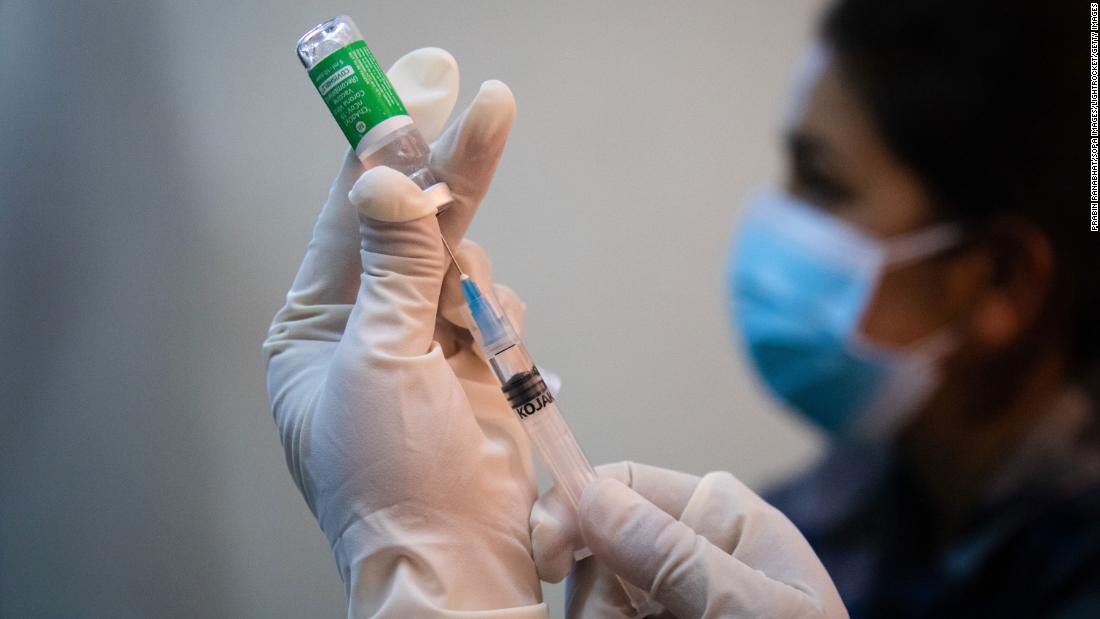The COVAX initiative was launched in April last year to ensure the rapid and equitable distribution of coronavirus vaccines to rich and poor countries and to vaccinate the high-risk groups.
Under the leadership of the World Health Organization and numerous other international health groups, it has since joined 190 countries, but the United States has been avoided, in part because former President Donald Trump refused to cooperate with the WHO.
The first round of distribution contains 336 million doses of the AstraZeneca-Oxford vaccine – 240 million made by the Serum Institute of India and 96 million by AstraZeneca – as well as 1.2 million doses of the Pfizer-BioNTech vaccine.
But the plan is ‘non-binding and may be subject to change’, with the actual allocation and distribution depending on a series of reservations, from the approval of the WHO’s emergency use to the readiness of countries to receive and administer the vaccines serve, reads the document.
Both vaccines require two doses to provide full immunity. The Pfizer BioNTech vaccine should be stored at minus 75 degrees Celsius, or minus 103 degrees Fahrenheit. By comparison, the AstraZeneca-Oxford vaccine can be kept at refrigerator temperatures of 2C to 8C (36F to 46F) for at least six months, making transportation and distribution much easier, especially in developing countries that do not have cold storage capacity.
But the Pfizer BioNTech vaccine is so far the only one that has been granted WHO approval. An evaluation of the AstraZeneca-Oxford vaccine is currently underway.
Delivery of the AstraZeneca-Oxford vaccine will start at the end of February, according to the allocation plan, if all the requirements are met.
“We will soon be able to start delivering life-saving vaccines worldwide, an outcome we know is essential to having a chance to defeat this pandemic,” said Seth Berkley, CEO of the GAVI Alliance, which ensures security. said. vaccines for poor countries and together with the WHO is one of the collaborators of the initiative.
North Korea is also under the list, as it has received nearly 2 million doses of AstraZeneca-Oxford vaccine. Pyongyang claims that the country has not contracted a single case of Covid-19, which according to experts is probably untrue.
Some affluent, self-financing countries were also included in the initial distribution plan, such as South Korea, Canada, New Zealand and Singapore.
COVAX aims to deliver up to 2 billion doses of coronavirus vaccine to less developed countries by this year, enough to vaccinate more than 20% of the population of its member countries.
But there have long been questions as to whether it can achieve the goal due to challenges in obtaining adequate financing and supplies.
Additional reporting by Reuters.
